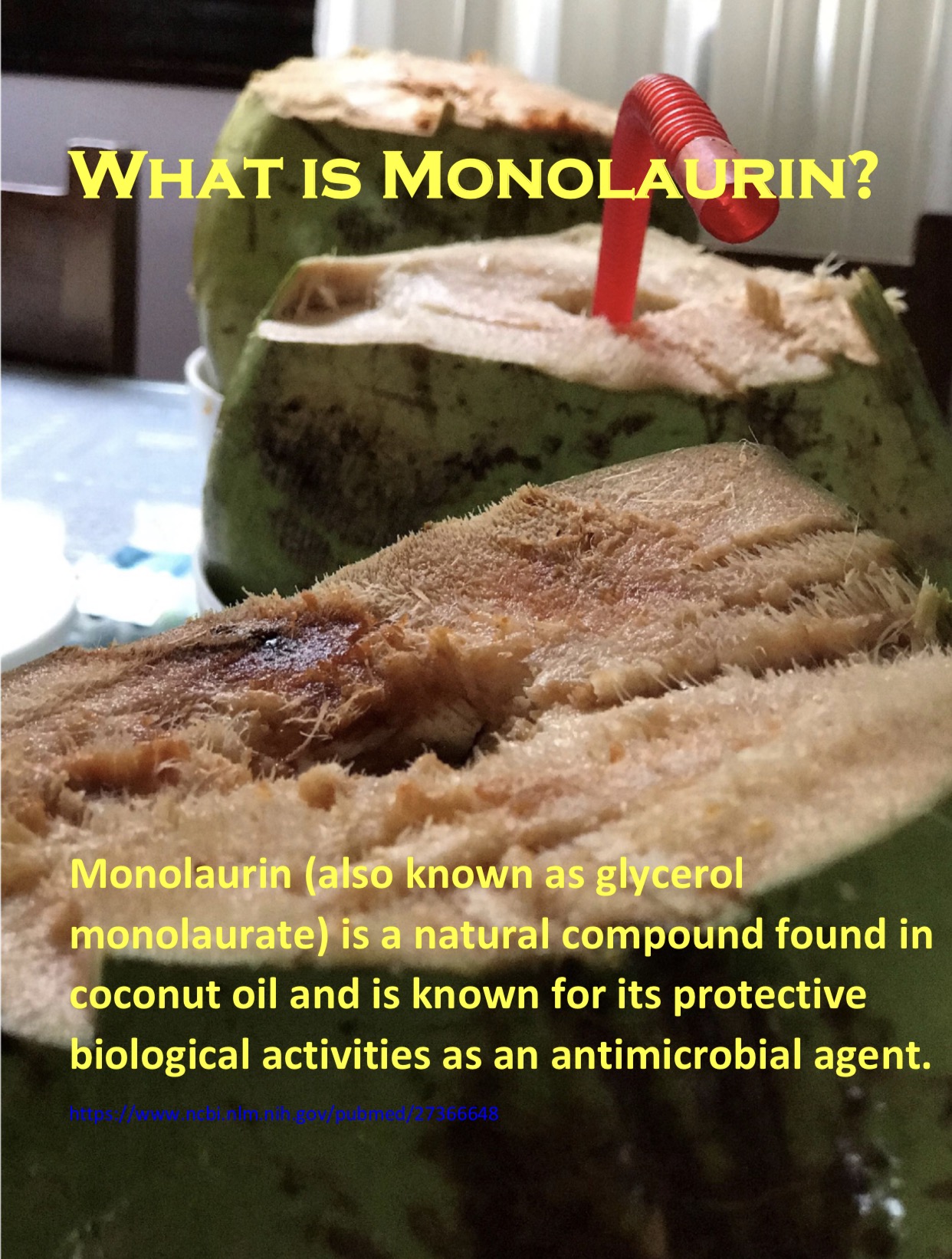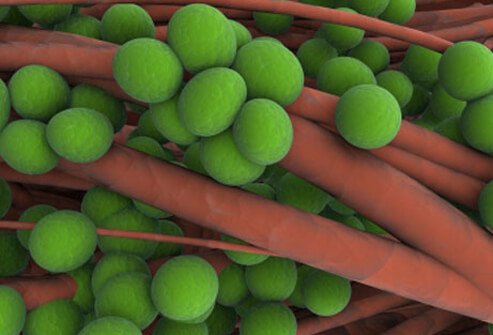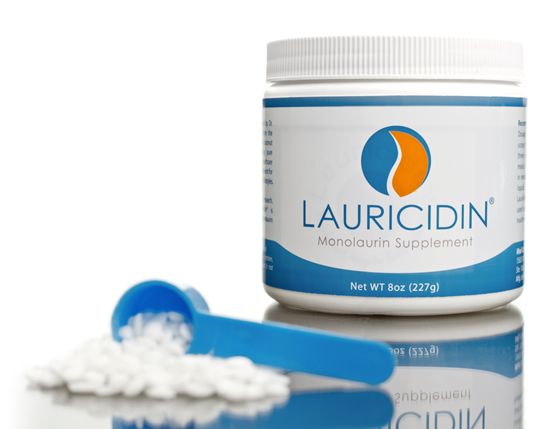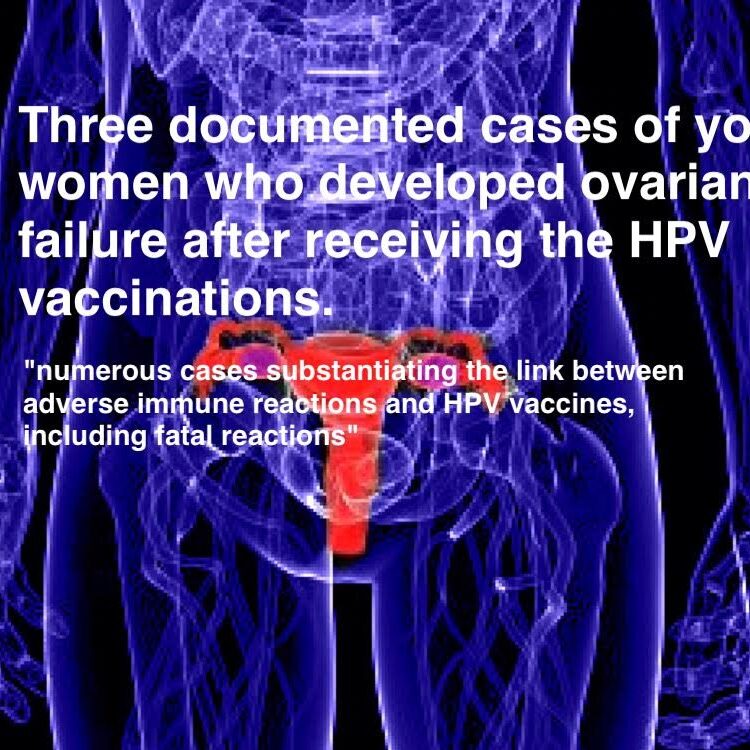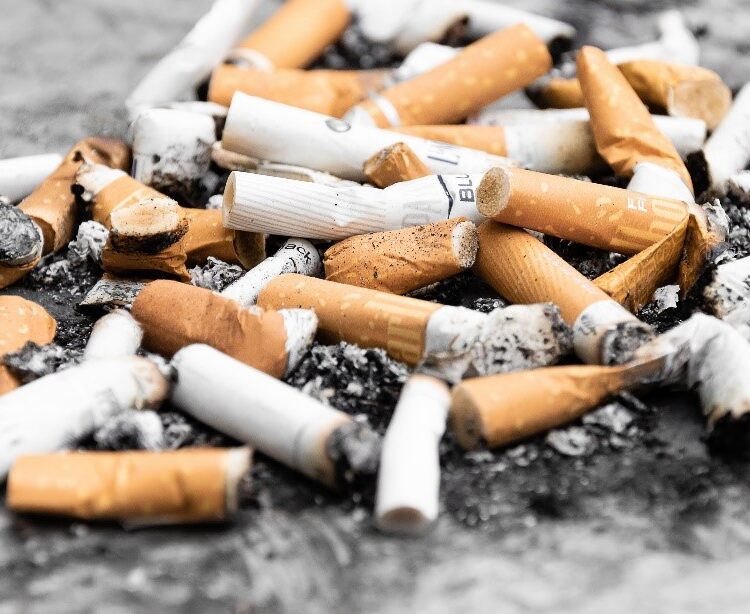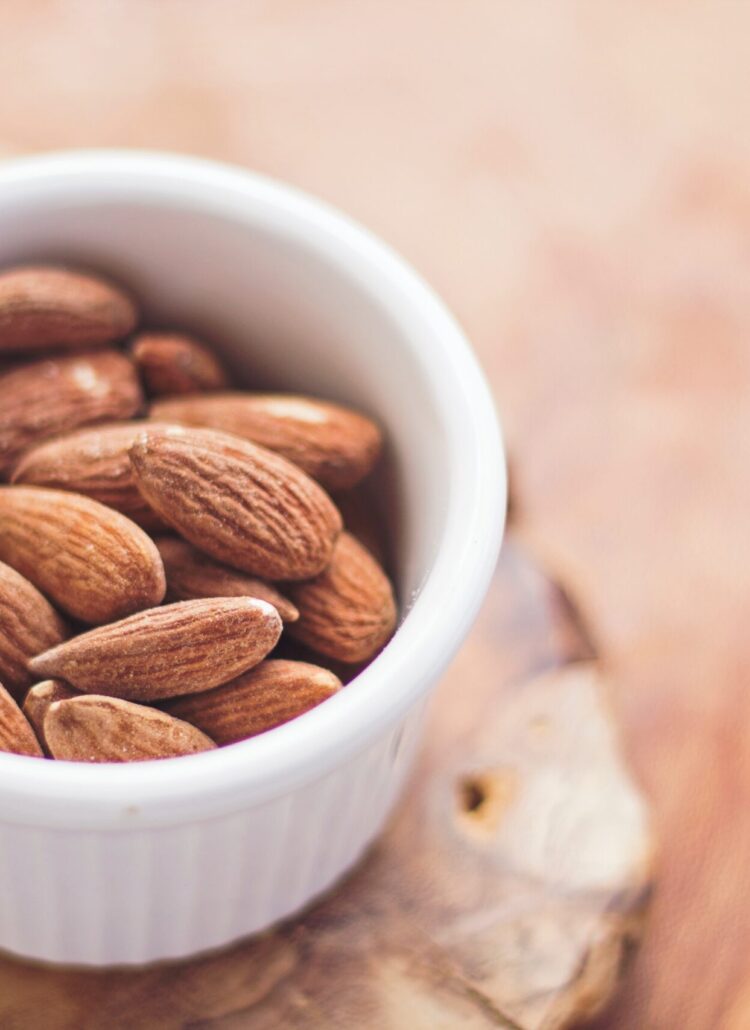How does monolaurin kill viruses? Learn how the powerful antimicrobial properties of monolaurin, a natural compound from coconut oil, prevent the transmission of HIV, bacteria, and other viruses.
Monolaurin & HIV
Monolaurin can Inhibit the Transmission of HIV
1. Study Shows Monolaurin’s Effects on Virus-Infected Monkeys
The International Weekly Journal of Science carried out studies with monkeys infected with the Simian Immunodeficiency Virus (SIV), to see what affects the use of Monolaurin (antimicrobial property in coconut) would have on the virus.
SIV is the same as HIV in human beings, both viruses are in the retrovirus family meaning they use RNA as their genetic material which, after the virus enters the cell, must be copied back to DNA for the virus to become active.
Both viruses are in the genus Lentivirus which means they are “slow viruses.” And both viruses infect the T cells of the host’s immune system.
When the cervical mucosal lining of the vagina becomes infected with SIV or HIV, it signals these specific systems:
- MIP-3a (Macrophage Inflammatory Protein-3a) which is a kind of white blood cell that is produced by inflammatory cytokines that attract other white blood cells to the area of infection.
- PDC’s (Plasmacytoid Dendritic Cells) which are innate immune cells that circulate in the blood. They develop from bone marrow stem cells.
What happens is, in combination with the innate immune and inflammatory responses to infection in both cervix and vagina, the CD4+ T cells become taken over, which is necessary for the expansion of the virus.
At this point in the study, the scientists administered Monolaurin (aka glycerol monolaurate)—a widely used antimicrobial compound.
The results showed inhibitory activity against the production of those inflammatory responses MIP-3α and other proinflammatory cytokines.
This means, the monolaurin—can inhibit mucosal signaling and the innate and inflammatory response to HIV-1 and SIV in vitro, and in vivo.
Conclusion:
Monolaurin protected against acute infection, despite repeated intra-vaginal exposure to high doses of SIV.
This is because, Monolaurin interferes with the innate host responses that recruit the target cells necessary to establish systemic infection. They concluded that Monolaurin was able to block the transmission of HIV.
2. Glycerol Monolaurate (GML) Could Boost Microbial Efficacy Against HIV
Glycerol monolaurate (GML) has been proposed as a microbicide component to enhance the efficacy of other microbial by blocking these transmission-facilitating innate immune responses to vaginal exposure to HIV.
Results showed: GML used daily and before vaginal intercourse protects against repeat high doses of SIV/HIV by criteria that include virological and immunological assays to detect occult infection.
Conclusion: Developing a sustained formulation for GML delivery could contribute an independent, complementary protective component to an Anti Retroviral-containing microbicide.
Monolaurin as an Antibacterial agent:
Monolaurin Breaks Down Biofilms of Antibiotic-Resistant Staph & Prevents Infections
More antibiotic therapy may start perpetuating a chronic illness. The cycle of antibiotic therapy may go on for months and months, and repetitious indiscriminate use of antibiotics destroys weak bacteria and sets up the stage for the more virulent bacteria to survive (as in survival of the fittest).
The new, stronger pathogenic bacteria are now “resistant” to the established antibiotic, and another antibiotic must be found to fight the new pathogen.
We are rapidly approaching that point in the history of having super bacteria: disease-causing bacteria are unaffected by any antibiotic.
In 2014 & 2015 two separate studies proved that Glycerol Monolaurate (GML) is useful as a potent topical antibacterial and anti-inflammatory agent for the prevention of infections.
In the second study, GML and its component lauric acid were bactericidal for antibiotic-resistant Staphylococcus aureus biofilms.
With the use of antibiotics obtained from planktonic cells, GML and lauric acid acted synergistically with gentamicin and streptomycin (both antibiotics), to eliminate detectable viable biofilm bacteria.
Monolaurin & Viruses
- Epstein-Barr Virus
Monolaurin may work by disintegrating the protective lipid envelope surrounding EBV and other herpesviruses
- Cytomegalovirus
CMV has the potential to spread in the bloodstream to all organs, but only produces overt disease if the viral load increases to high levels. This is normally prevented by a robust immune response, so that the infected individual usually remains asymptomatic
However, this benefit comes at the cost of committing more and more immunological resources to controlling CMV with time, so that the overall function of the immune system is impaired.
The Journal of Medical Microbiology found only vitamin A, monolaurin and lactoferrin inhibited the growth of CMV, whereas prostaglandins enhanced the growth of this virus at least four-fold.
Prostaglandins function in both the promotion and resolution of inflammation in the body.
- Herpes Simplex Virus 2
Hydrogels containing monolaurin are potent invitro inactivators of Sexually Transmitted Viruses such as HSV2, with no adverse effects on good gut bacteria. It only seems to target the more pathogenic microorganisms.
Thormar H, Bergsson G, et al: Hydrogels containing monocaprin have potent microbicidal activities against sexually transmitted viruses and bacteria in vitro.
Monolaurin & Candida & Vaginal Issues
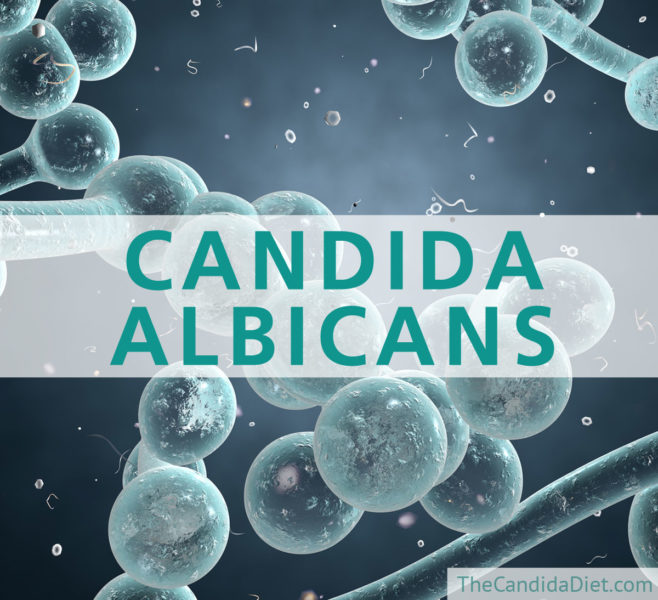
1. Monolaurin Breaks Down Candida biofilm
In 2015 Journal of Microbial Pathogenesis released a study showing that in just 48 hours nanocapsules of monolaurin were able to break down the biofilm of candida by 94%!
Biofilms are so hard to break down, and getting even harder due to antibiotic resistance.
2. Monolaurin Reduces Bacterial Vaginosis & Candida
A 2010 study aimed to see the effect of Glycerol monolaurate on Gardnerella vaginalis (the bacteria responsible for Bacterial Vaginosis) and also Candida.
The study found that GML is an effective antimicrobial for Candida and G. vaginalis in vitro. Vaginal GML gels in women do not affect the vaginal flora negatively but significantly reduce Candida and G. vaginalis.
A separate study conducted in 2016 proved that monolaurin has a potential antifungal activity against Candida albicans and can modulate the pro-inflammatory response of the person ingesting it.
3. Monolaurin Inhibits Toxic Shock Syndrome
In higher concentrations GML was shown to inhibit Toxic Shock Syndrome, due to its ability to act on T Cells within the immune system. GML inhibits the production of a multitude of toxins from Streptococci and Staphylocci bacteria.
Lauricidin
It’s truly remarkable how nature holds everything within it.
Coconut contains this powerful antiviral, antibacterial, and antifungal chemical, proven in countless studies.
I do a lot of viral testing on patients in my office, anyone who has viruses (which nearly everyone does) goes on this product. Any patient who has immune issues, or autoimmune issues, goes on this product.
1 tsp is equivalent to 3,000 mg (3g) of Monolaurin. (There are specific doses that must be taken).
I do this protocol for a minimum of 6 months and then retest their viral titers.
Even with thermography, you will see the change in the immune system as well.
More Helpful Blog Posts on the Immune System
- Dissolve Breast Cysts With Frankincense Oil
- Tonsil Stones Can Be A Manifestation Of Dairy Sensitivity
- Mushrooms Lower Thyroid Antibodies: Hashimotos & Graves Disease
- Mirena IUD Increases Vaginal Infections & Risk of Breast Cancer
- Soy and Breast Cancer: Our gut bacteria determine how protective soy is
- Love Your Ovaries: The Truth About HPV Vaccines
- My Travel Experience In The Philippines: How getting bit by a mosquito carrying Dengue Fever was the best thing that happened to me.
Sources:
- Prostaglandins and Inflammation
- Non-aqueous glycerol monolaurate gel exhibits antibacterial and anti-biofilm activity against Gram-positive and Gram-negative pathogens
- Antibacterial synergy of glycerol monolaurate and aminoglycosides in Staphylococcus aureus biofilms
- Virology
- Glycerol monolaurate prevents mucosal SIV transmission
- Glycerol Monolaurate Microbicide Protection against Repeat High-Dose SIV Vaginal Challenge

